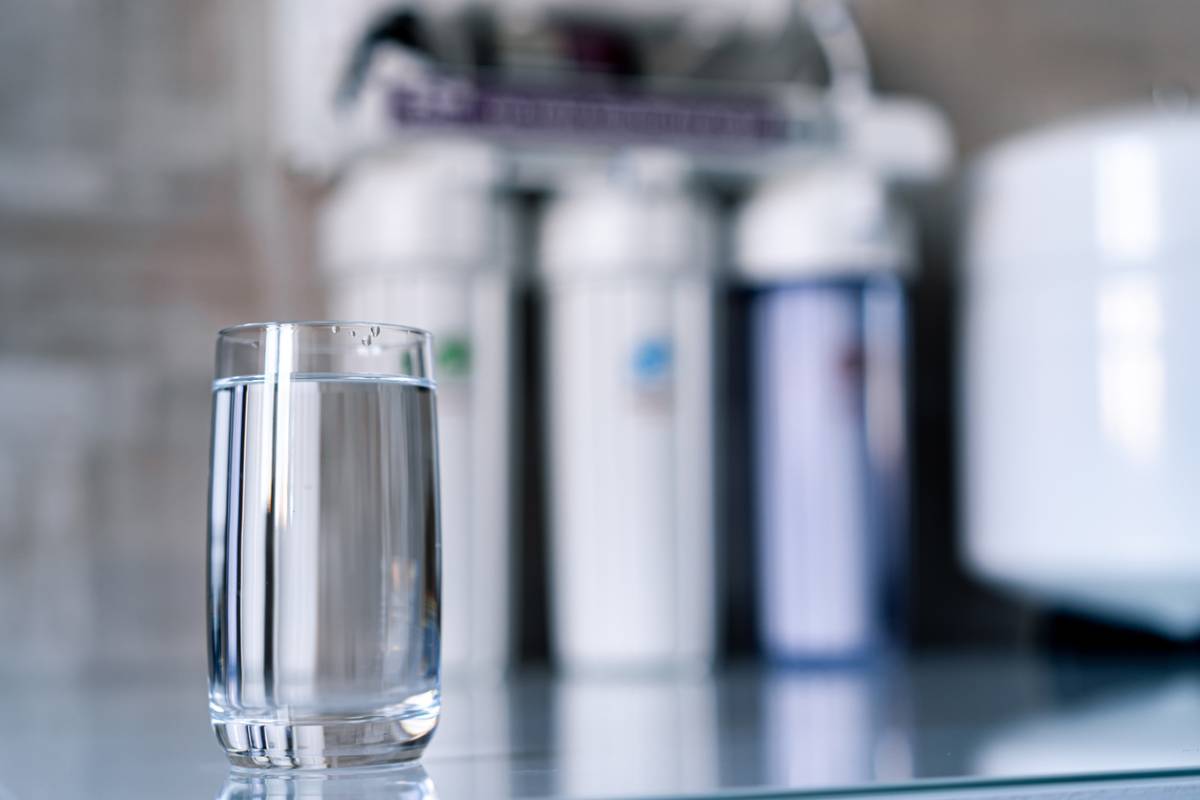
Water makes up about 60% of the human body and is core to most of our bodily functions. As a result, staying hydrated with the help of clean water is necessary to your health. To this end, local municipalities in the United States are charged with maintaining a safe supply of drinking water that you can easily access from the tap. Let’s look at the importance of water filtration.
The Importance of Water Filtration
Unfortunately, safe water isn’t necessarily tasty or refreshing water. Your local tap water often proves treated with a hefty helping of chlorine and pesticides. Then pipes shunt it through pipes made of heavy metals. The precise process will vary depending on your area, but there are practically always unwanted elements in your local tap water that will affect its flavor. Sadly, that doesn’t stop with your eight glasses a day.
Tap water that harbors remnants of chemicals and metals will change the flavor of anything processed through it including soda syrups, coffee, and even pasta. To ensure the best flavor experience, you should always use a commercial water filter to process tap water into a refreshing drink that won’t mess with the flavors of other beverages you may serve.
How Commercial Water Filters Work
For the most part, restaurant water filters are on the smaller side and may even be built into your SC Beverage Company machines. There are five primary types of water filtration. And most commercial water filters use a combination of these to filter your water. To find the best possible fit for your local tap water, you may consider having your water tested for pH and potential contaminants. If you do decide to go down that path, you will need to know what types of filtration to look for based on your results.
Mechanical:
Mechanical filters physically remove “larger” objects from your water. You’ll usually see a fine mesh or a material resembling cheesecloth being used for this purpose. You can tell how fine the physical filter is by the micron rating, with a smaller number indicating the ability to remove smaller particles.
Carbon:
Carbon is great at absorbing chemicals out of your water. This is why it is one of the most common aspects of commercial water filters. Does your water have a chlorinated flavor or any other chemical odors. Then an absorption filter using granular activated carbon or a carbon block will do wonders.
Sequestration:
You will see this process less commonly in a food service setting. Sequestration filtering generally uses polyphosphate to prevent the minerals within your water from forming a scale along pipes as well as other surfaces that come into frequent contact. Keep in mind, it isn’t actually softening the water because the minerals are still present just chemically isolated from each other.
Ion Exchange:
Your typical high-end water softener will use ion exchange by literally swapping ions between different compounds in your water. The goal is to target magnesium and calcium, both commonly associated with hard water stains and scaling. Some of these filters use sodium, but you won’t see that used for drinking water.
Reverse Osmosis:
This filtration technique remains almost always used in tandem with other forms of filtration. In isolation, reverse osmosis filtration acts by using water pressure to force water through a membrane. It sounds simple, but it is the most effective water filtration method available.
Enjoying Our H2O
Water is a regular part of our life. So why not enjoy it by using a filter that ensures it is as safe and pleasant as possible. Your customers will thank you for serving drinks that offer refreshment without an aftertaste.











